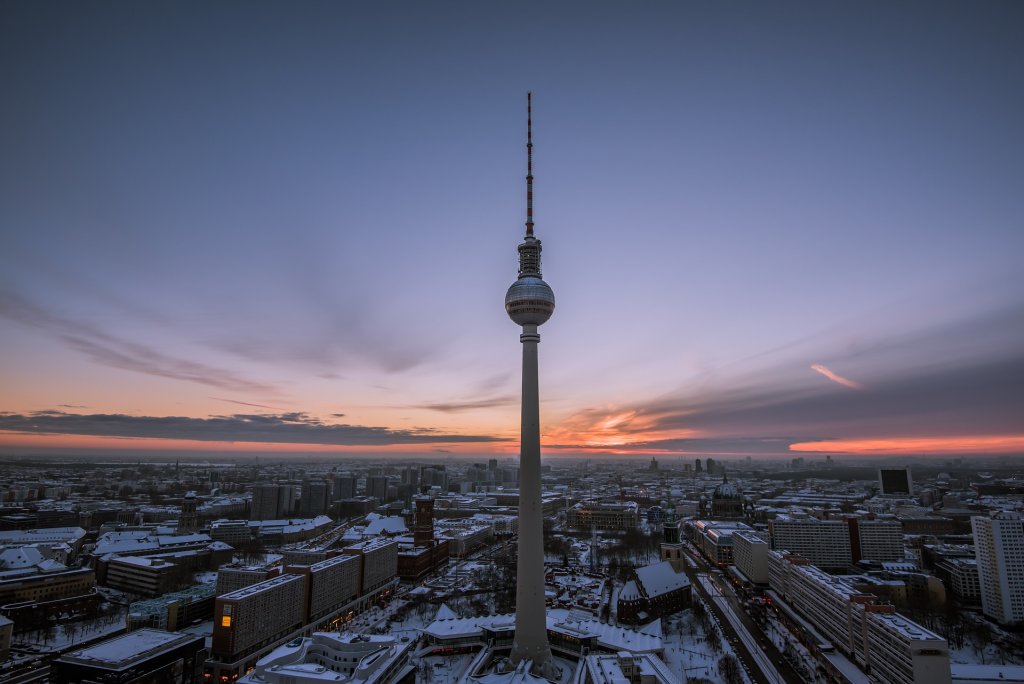
As the world has crossed the threshold of the first anniversary of the Russian war in Ukraine, experts from all over the world are examining the shifts it caused in international system, geopolitical alliances, national security strategies and regional settings. Indeed, the global implications of Russia’s full-scale invasion of Ukraine are multifold and the processes that it has triggered will likely outlast the war itself – from energy and food security to impacts for global financial markets and supply chains. The short conclusion, however, is concise: Ukraine has outperformed morally and militarily, the West – politically, and Russia – economically.
The skills of Ukrainian military on the battlefield and the power of civil resilience of Ukrainian society have become textbook examples of total defence and symbols of outstanding resistance. From the first days of the war, both individuals and institutions including armed forces, president, parliament, government, police, emergency services, local authorities, health workers, firefighters, NGO’s, businesses, and volunteers have been mobilized in a nation-wide struggle for independence, and often – simply for a physical survival. It is first and foremost the motivation and morale, that helped Ukraine withstand the overwhelming forces of invaders.
This, however, has not come as a surprise. Unlike for many foreign observers, for Ukrainians the full-scale Russian invasion on February 24, 2022, was not a beginning but a culmination of a centuries-long struggle for personal liberties, distinct national identity, and state sovereignty. The long historical record of bans on Ukrainian language and literature under the Russian Empire (e.g. the Ems Order or Valuev Circular), The Great Famine (Holodomor) of 1932-1933, which killed more than 10 millions of Ukrainians and was officially recognized as a genocide in many countries, deportations of Crimean Tatars and other ethnic groups committed by the Communist regime, mass persecutions and executions of Ukrainian intellectuals (often known as Executed Renaissance) that aimed at coercive Russification of Ukraine under the Soviet rule, and systemic efforts to exterminate Ukrainians as a political nation have left few illusions about the future destiny of non-Russian population of Ukraine in case of its occupation. Though largely unknown and often overshadowed by the Russian “brotherly nations” narrative, these facts remain an important part of the Ukrainian collective memory. It is these memories of the past and the post-2014 realities of the “Russkiy mir” in the occupied territories in the present, that did not allow Russia to freeze Ukrainians into submission in the winter of 2022, despite its regular missile attacks on critical energy and civilian infrastructure across the country.
At the same time, Ukrainian armed forces have proved again and again that they have been capable of not only deterring but also defeating Russia on the battlefield. After preventing Russian forces from seizing Kyiv, in a number of successful operations they succeeded to retake Kharkiv, Chernihiv, Sumy regions, and liberate the Snake Island just kilometers off Ukraine’s Black Sea coastline. The latter has become possible after sinking of the Russian Black Sea Fleet’s flagship “Moskva”, notably to almost no reaction from Moscow. Predictably, Russia withdraws at strength, and escalates at weakness.
Most recently, by breaking through Russia’s defensive lines in the south, Ukrainian forces have liberated part of the Kherson region and managed to halt Russia’s concentrated offensive in the east. Now, at the 400th day of what was supposed to be a “three-days military operation”, the Russian troops have lost more than 220 000 thousand killed and wounded in Ukraine, according to the UK Defence Ministry and US assessments. These figures are in line with the Ukrainian General Staff’s official data.
While Russia will highly unlikely manage to attract 400,000 volunteer professional soldiers, which it claimed to be the goal of its new recruitment, stepping up the pace and scope of sophisticated and heavy arms supplies to Ukraine can help turn the tide of the war this year.
After the obvious failure of the Russian conventional forces on the battlefield, the Kremlin will likely try to play two cards at the same time – calling for an “immediate peace” (via his allies) to freeze the situation on the ground and maintain territorial gains in Ukraine while simultaneously intimidating the world with a nuclear war if the “peace” plan is not accepted. With no prospects for a negotiated settlement with president Putin, who has now been issued an arrest warrant for the war crimes in Ukraine and unlawful deportation of Ukrainian children to Russia, a protracted conflict remains the worst-case scenario for the foreseeable future.
Playing by the Russian rules in any of these scenarios would entail long-lasting negative effects for global security, spelling the end to the international order as we know it. As Peter Dickinson aptly put it, “if nuclear blackmail pays off for Putin in Ukraine and allows him to snatch a victory from the jaws of defeat, it will become a normalized element of international relations with devastating consequences for global security”, since “countries around the world will scramble to acquire nuclear arsenals of their own in order to avoid the fate of Ukraine.” This must not be allowed.
The hesitance of partners to step up their military support to Ukraine and the desire of some leaders to “appease the aggressor” were understandable (though unjustified) in the first months of the invasion – when Russia was still seen as the world’s second strongest army, the scope of the Russian atrocities in Ukraine were largely unknown and the hopes for a peaceful resolution still there.
Now, as the myths of the Russian greatness have been debunked, the corridor for escalation narrowed and the capabilities of the Ukrainian armed forces boosted by the Western training and arms supplies, the international community should join Kyiv in aiming for an unequivocal victory of Ukraine in its 1991 borders, including Crimea. This will be not only the most legitimate and moral but also the most pragmatic and reasonable way to end this war.

Dr. Yevgeniya Gaber is a Ukrainian foreign policy expert, non-resident Senior Fellow at the Atlantic Council IN TURKEY and the Center in Modern Turkish Studies, Carleton University. Prior to this, she worked as a foreign policy advisor to the Prime Minister of Ukraine and deputy director of the Diplomatic Academy at the MFA of Ukraine. She has a diplomatic background from her foreign assignment at the Embassy of Ukraine in Ankara in 2014-2018 and academic experience from the Odesa National Mechnikov University (Ukraine) and Carleton University (Canada), where she has taught graduate courses on Türkiye’s foreign policy and Black Sea security. Dr. Gaber has published numerous academic articles, policy papers and book chapters on European and regional security, with a particular focus on Ukrainian and Turkish foreign policies. She has delivered lectures in diplomatic and defence academies across Europe and is a frequent commentator in international media.
To cite this work: Dr. Yevgeniya Gaber, “One Year of the Full-Scale Russian Invasion of Ukraine: How a Small Country Has Ruined a Great Russia Myth”, Panorama, Online, 26 April 2023, https://www.uikpanorama.com/blog/2023/04/26/yg/
Copyright@UIKPanorama. All on-line and print rights reserved. Opinions expressed in works published by the Panorama belongs to the authors alone unless otherwise stated, and do not imply endorsement by the IRCT, Global Academy, or the Editors/Editorial Board of Panorama.


